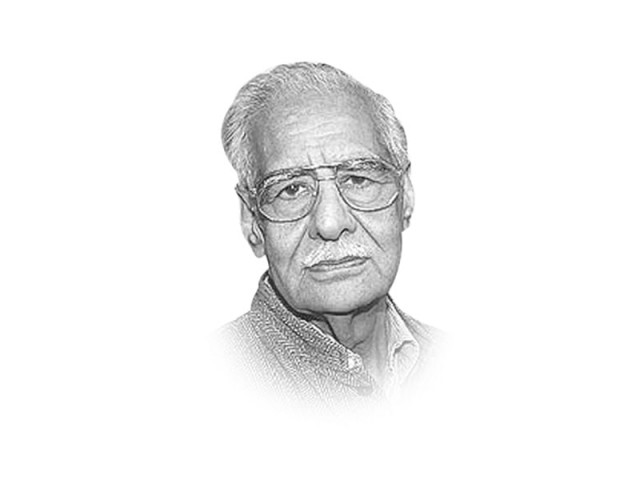Free trade and the MFN
The MFN is only the means, not the end by itself. I do not envisage free trade of all goods straightaway.

Since MFN was missing at the other end, both could not dismantle non-tariff barriers to facilitate trade. Pakistan was not cooperative. Every time the question of trade was initiated by India, Pakistan brought in Kashmir. I believe that many Pakistan ministers expressed similar kind of fears when the proposal came before their cabinet. The Pakistani commerce secretary’s categorical statement that the Kashmir question would not be diluted allayed their fears. The same thing happened in the case of the media. The government had to say that the army was also on board. The real problem is how to go ahead. The MFN is only the means, not the end by itself. I do not envisage free trade of all goods straightaway. That may take place in due course. Much depends on Pakistan and how its government wants to go about it. Ultimately, it will be the bigger beneficiary. Some concessions will be in order because compared to Pakistan, India is a developed country. For a level playing field, New Delhi may have to take some steps which would make Pakistan feel that it is not under any disadvantage. New Delhi’s initiative may have a salutary effect on relations between India and Pakistan. Both will no doubt increase their trade and give a fillip to manufacturing, so as to cater to new demands. Yet the basic part is that the two may begin to trust each other. Both countries should get hold of the old files. Between 1947 and 1965, there was free trade. So much so that newspapers of Pakistan were sold on the streets of Mumbai and Delhi on the same day as the Indian papers would be in Karachi and Lahore. Both countries know that trade between the two countries is taking place through Dubai and Singapore. It is reported to be worth around $2.5 billion. The MFN status also means that the goods will go across the border in no time. The road from Lahore to Wagah has been widened. India is putting up a huge building to house customs and immigration departments. There is, however, a case for having more points of trade then. The Wagah-Attari border is what comes to people’s mind. But Sialkot-Suchetgarh on the Jammu border is equally suitable for the transit of goods. Trade between the two parts of Kashmir is there but it needs to be pushed more vigorously.
My dream is of free trade for the entire South Asian region. One day we should be able to have an economic union along the lines of Europe. This looks far-fetched at present, however, after nearly 16 years, if MFN can become a reality, why not another economic union? This will require concessions in visa facilities. All the nations in the region should discuss how a single visa can enable a person to travel throughout the region. Because that is what Europe has done to give meaning to trade among the countries. Pro-peace activists on both sides have never given up their efforts to bring the two countries closer and the result is the MFN.
Published in The Express Tribune, November 14th, 2011.















COMMENTS
Comments are moderated and generally will be posted if they are on-topic and not abusive.
For more information, please see our Comments FAQ